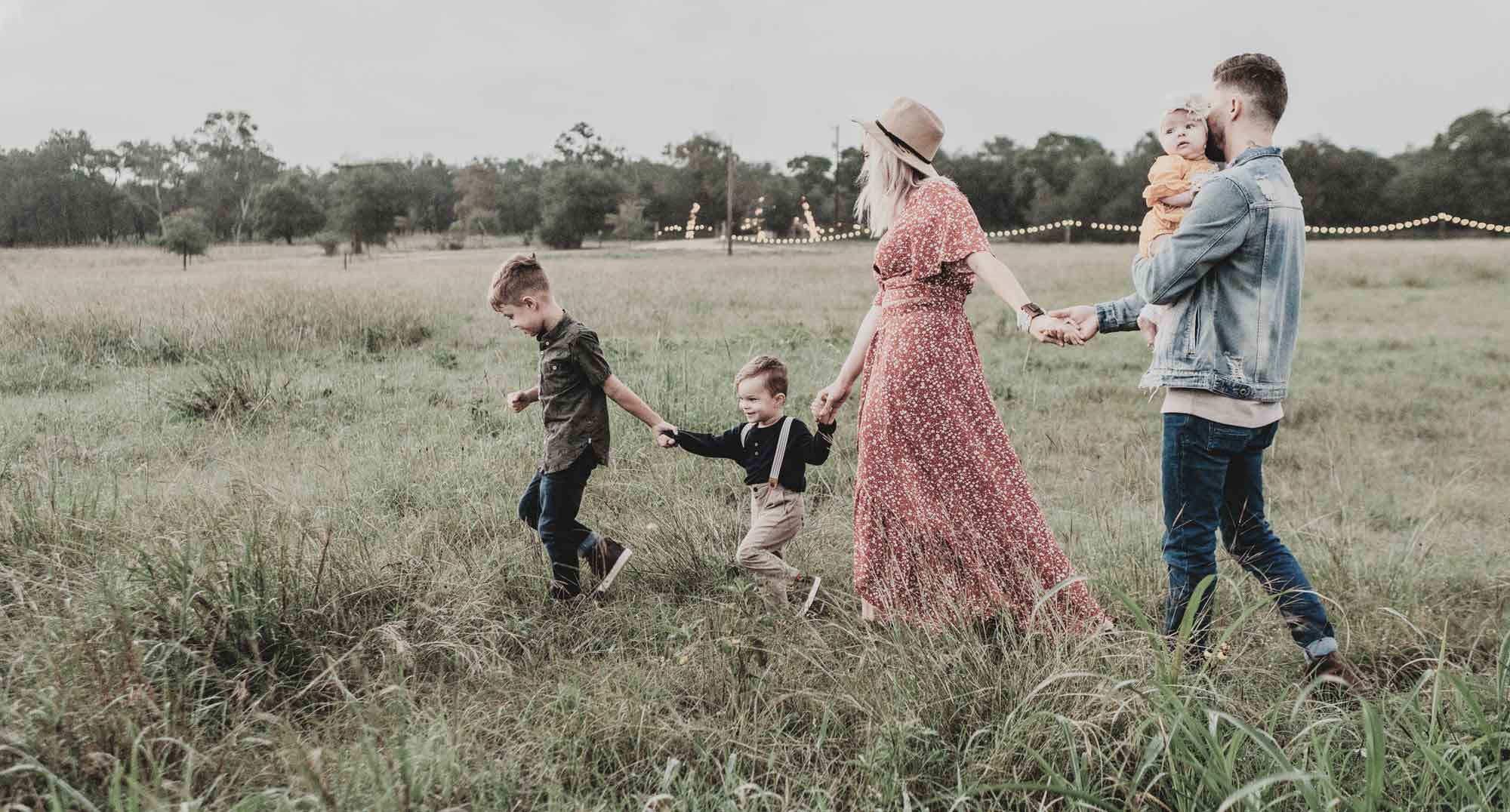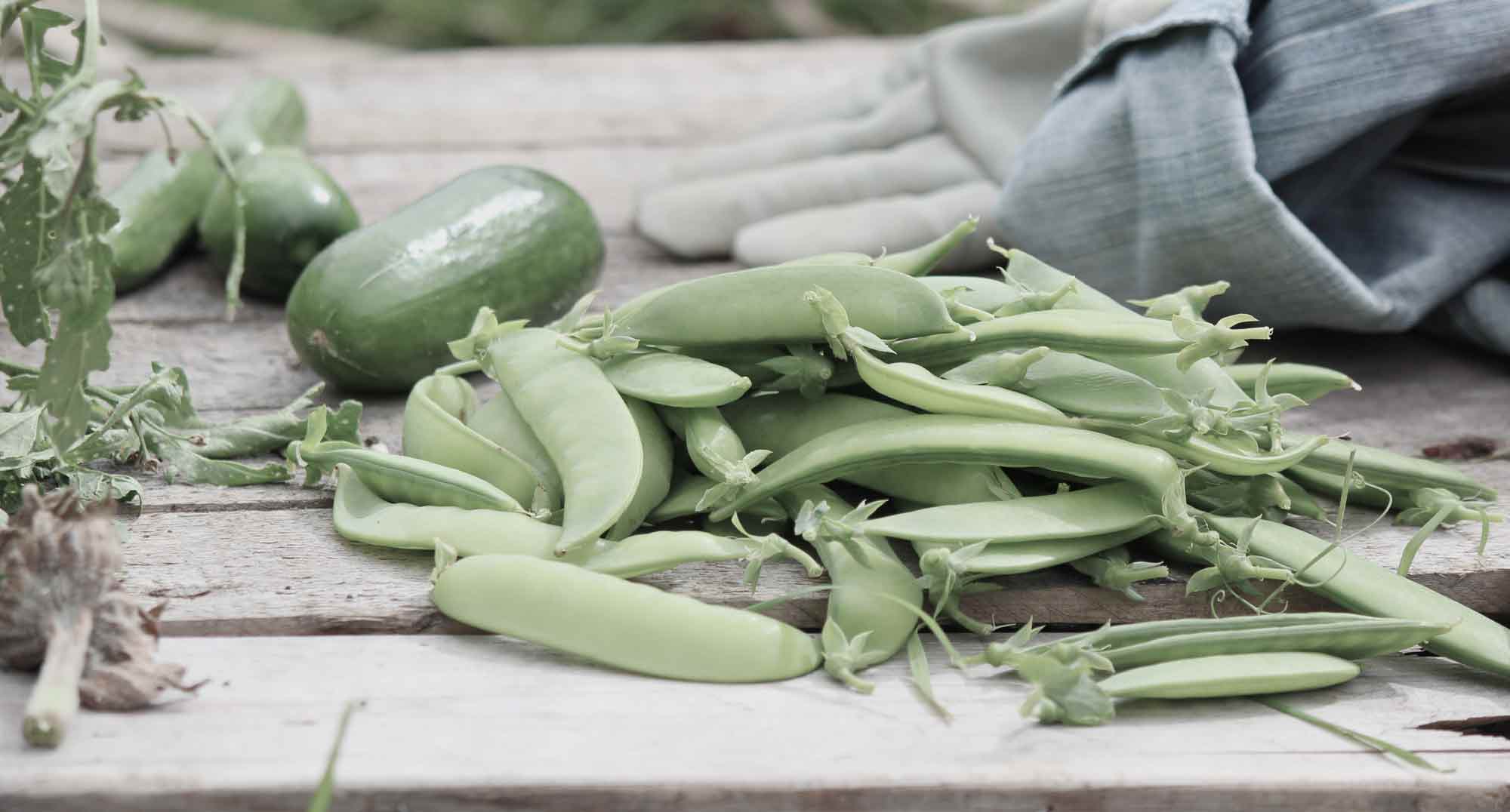Caregiving as a Calling and Ministry
MARISSA BONDURANT|GUEST If Jesus visited your church this week, which ministry team would he sign up for? This is a hypothetical scenario, but I think Jesus would sign up for the ministry of caregiving. When you hear the word “caregiver” you might think of a trained professional like a home health worker or a nurse. However, the dictionary definition is much broader. A caregiver is described as anyone who regularly looks after or cares for a child, an elderly, or a disabled person. National surveys estimate that 40% of adults in the United States are caring for an adult and/or a child with unique health needs1,2. For this article, I skimmed the book of Mark and counted thirteen stories of Jesus healing individuals, and three separate accounts of Jesus healing entire crowds. If we know God has a heart for caregiving, and we know that 40% of our church members are caregivers, the question to ask is: are we treating caregiving as a ministry? As caregivers, do we see ourselves as having been called into this role? And as churches, are we training, equipping, and supporting one another in this mission field? In this caregiving series, Elizabeth Turnage and I want to help start some of these conversations. We will do that by shining a light on some of the lesser discussed aspects of caregiving. Things like anticipatory grief, giving dignity to a sick or dying loved one, and the difference between whining and biblically complaining...










